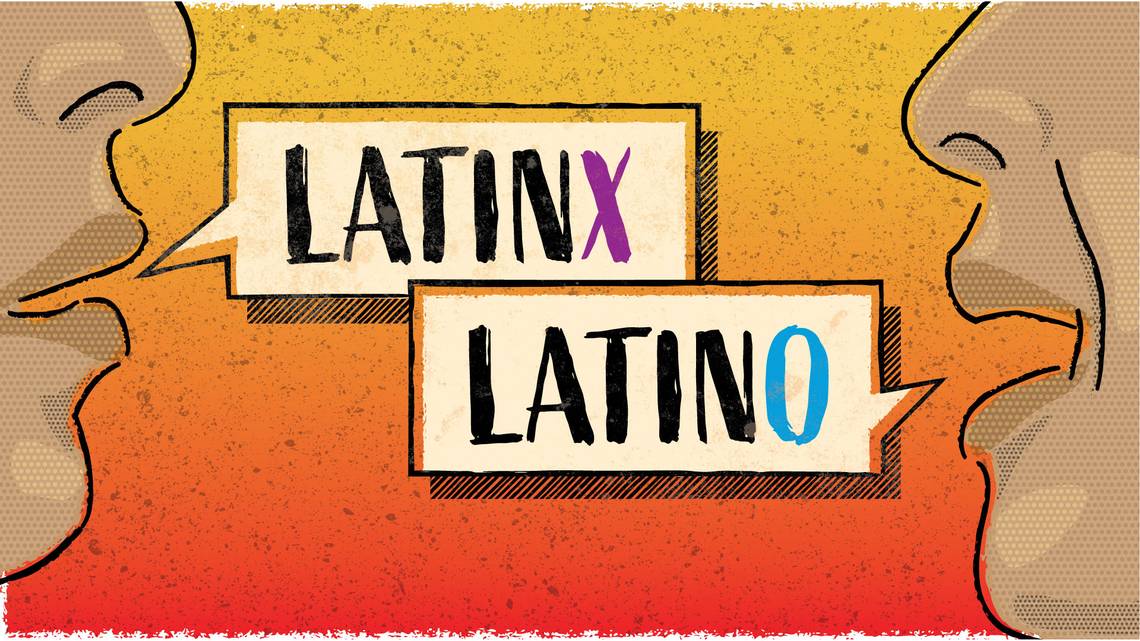
Does whether to use Latinx, Latino, or Hispanic have you walking on eggshells? You’re not alone.
Many people use Hispanic and Latino interchangeably. Latinx gets a fair amount of attention in college university environments as a monolithic term but is a matter of self-identity for Latino LGBT communities. What they all have in common is that we all worry about commiting a cultural offense. However, these three words aren’t as tangled up as it might seem. If you want to be precise in the use of Latino and Hispanic, here’s how it works: Hispanic is based on language. Latino is based on territory. Latinx about using gender-neutral language.
The Meaning of Hispanic
Basically, Hispanic refers to those of Spanish speaking descent, or Spanish-speaking parts of Spain, Latin America, or the Caribbean. Add to that people who descend from Spanish language countries such as Mexicans, Cuban, Venezuelans, Colombians, all be called Hispanic. Although Hispanic is defined by language, those who with roots in Spanish speaking countries don’t need to speak it. So, someone who is Mexican-German can be referred to as Hispanic no matter what language is spoken. Hispanic was added to the US census in 1980 to address the rapidly growing population of Mexicans, Puerto Ricans, and Cubans living in the. United States.
What Does Latino Mean?
People whose origins are in Latin America are described as Latino (male) or Latina (female). Like Hispanics, Latinos it doesn’t matter if he or she speaks Spanish. The census eventually realized in 2000 that Hispanic excluded people of Latin America which, 20 years after Hispanic, resulted in Latino being added to the list.
How About Latinx?
Latinx emerged in the early 2000 as a way for non-binary gender Latin-Americans to identify themselves. More specifically it was used in the LGBT community as a means of challenging the use of masculine and feminine inflections in the Spanish language. From there the meaning of Latinx morphed into a label used to identify anyone of all Latinos/Hispanics First Latinx was used by academia, university students, and in turn the LGBT community. Next came the progressives who started using Latinx and then it caught on within the general American population.
The word “Latinx” was never meant to address the entire Hispanic population. The key idea at the heart of Latinx is the concept of self-identity. Originally Latinx was created as a means of self-identification for members of the Latino LGBT community. Latinx evolved organically as a word that Latino LGBT movement consciously chose for themselves.
A number of articles have been written about how Latinx is offensive to Latinos/Hispanics, and that it’s a divisive word that’s causing a rift within them. The truth is the majority of Latinos/Hispanics couldn’t care less about Latinx.
I discovered this to be true when I was spending some time in Mexico and asked a friend if he preferred to be called Hispanic, Latino, or Latinx. He looked at me with an expression on his face like, “What’s the matter with you?” Then he simply replied, “I’m Mexican.”
Here is a link to a great explanation of “Latinx” by language researcher and respected author, Dr. Jose Medina.
https://abcnews.go.com/US/video/60-million-americans-call-latinx-82278818
So, should you use Latinx, Latino, or Hispanic?. According to a 2020 Pew Research report the majority (61%) of people of Spanish speaking country descent say they prefer Hispanic to describe the Hispanic or Latino population in the U.S., and 29% say they prefer Latino. Good chance those in Latino LGBT community will most likely prefer Latinx Hence, you’d probably be safe with using Hispanic. Or you can always ask people if they prefer Hispanic, Latino/a or Latinx. However, don’t worry too much about whether to use Latinx when speaking to someone who is Hispanic/Latino. Given that on a national scale only 4% of U.S. Hispanics say Latinx, chances are most Hispanics and Latinos will be unfamiliar with the term. What do you call someone who is Mexican? According to my friend, “Mexican, silly.”
